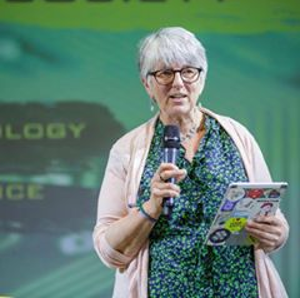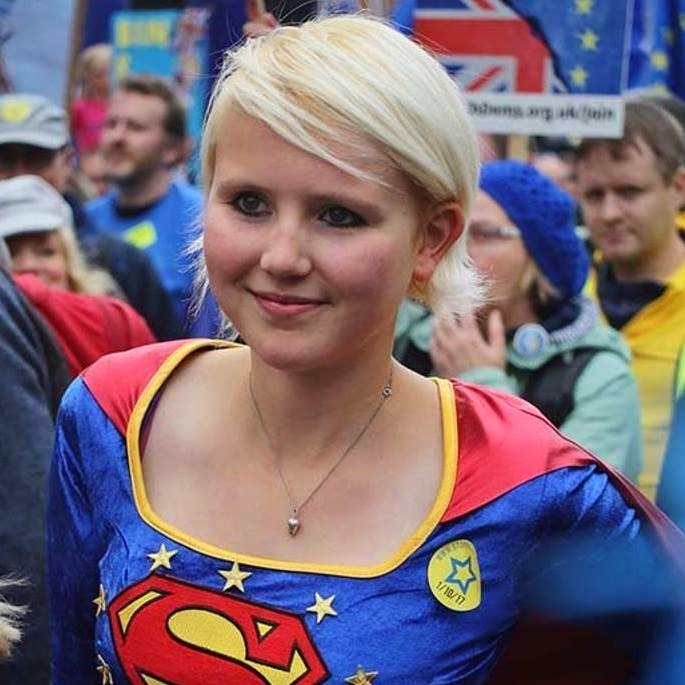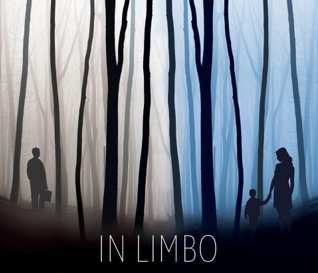With the changing political landscape, Bremain invited former contributors to our Bremainers Ask feature for their thoughts on the subject. We asked them to comment on where we are now, how they see things moving forward and what we pro-Europeans should be focusing on in the future.
Here are the first responses; more to follow in next month’s newsletter. Note that these submissions were made prior to the ratification of the WA.
Hugo Dixon – Chair/Editor-in-Chief – InFacts
We have lost the battle to stop Brexit. We mustn’t lose the war to create a good society for the 21st Century. The 2019 election will make that harder. We won’t be sitting round the top table in Europe when important decisions will be taken on the climate crisis and so forth. What’s more, Boris Johnson has such a big majority that it won’t be possible to influence him. He will be in power for four years and maybe nine. So, we have to play a long game. We must reflect deeply about what sort of society we can create in a world where temperatures are rising and power is shifting away from Europe.
That will involve getting out of the big cities and listening. We will probably conclude we need to focus more on meaningful lives and less on materialism. Once we have articulated a new vision for a good life, we will have to persuade the voters to back it.
Julie Ward – Labour MEP
After more than three and a half years of complex negotiations and prevarication on the part of the UK parliament, with both Theresa May and Boris Johnson failing to comprehend the indivisibility of the ‘Four Freedoms’, Johnson now has a parliamentary majority to force through his version of a deal which is much worse than May’s deal on many counts. It goes without saying that the results of the December 12th General Election were devastating for all of us who espouse socially liberal values and who call ourselves European.
As the Withdrawal Agreement makes its way through various stages in the Houses of Parliament safeguards and certainties are being removed, e.g. support for child refugees, participation in Erasmus+.
Whilst the European Parliament has expressed its concern about Citizens’ Rights in the WA it is nevertheless likely to be approved by the majority on January 29. (I will not be voting for it.) Guy Verhofstadt, the European Parliament’s Brexit Co-ordinator, went to London to meet with Boris Johnson to discuss the Parliament’s concerns. Frankly, he was fobbed off with vacuous promises. We all know Johnson is a serial liar. Let’s not forget that he was found guilty by the Supreme Court of lying to the Queen!
The majority of the work on the so-called ‘deal’ was completed some time ago. Johnson has mostly been tinkering around the edges, with the exception of moving the border to the middle of the Irish Sea. (Policing that is going to be interesting with the word ‘piracy’ coming to mind!)
Many people who are fed up with Brexit dominating the domestic agenda believed in Johnson’s oven-ready ‘Get Brexit Done’ slogan. However, Brexit will not be done for a very long time as negotiations on a trade deal could take a decade, and those who wake up on February 1st expecting the UK to be out of the EU will have a shock, as we will still be subject to EU law and paying money without any representation. Meanwhile, Sajid Javid has said that the UK will not align with EU rules after the transition period, which means that the EU will not consider the UK as either an honest broker under the current government nor as a country that can receive favourable treatment.
The governments of Scotland, Northern Ireland and Wales all oppose the WA and are unhappy that a gung-ho gang of public school-boys in Westminster is legislating against the best interests of their countrymen and women, not to mention limiting opportunities for the next generation. Scottish independence and a united Ireland are distinct possibilities in the not too distant future.
We need to maintain our grassroots pro-EU groups and strengthen links between UK and EU citizens via people-to-people contact, reviving town-twinning and similar civil society mechanisms. Arts and culture are a great way to bring people together and I see a huge need for more collaboration at this level. We must mark significant European anniversaries and special days and wave our EU flags even more vociferously at the Last Night of the Proms. We also need to keep an eye on the government and hold them to account, demanding greater scrutiny and transparency, writing to MPs and MEPs and to the press, reminding of the promises made by the Vote Leave campaign.
We must be ready to stand in local and national elections and to put ourselves forwards for roles in campaigning groups. We need to push for electoral reform and deliberative democracy such as citizens assemblies. We need to get tech-savvy and help in the fight against disinformation online. Now is not the time to be bystanders. So many ordinary people were provoked into action, learnt new skills and realised they had a voice. Let’s use everything we learned and build from the grassroots up, ready to oppose the attack on our European values that is coming down the line.
Madeleina Kay – EU Supergirl
After three and a half years campaigning to avert this disaster before its occurrence, I now have grim hope for the future of the UK. The question of where British citizens (and EU citizens living in the UK) who still feel strongly in European values should take our campaign next is a troubling question: Should we begin a rejoin campaign immediately? Should we encourage pro-Europeans to evacuate the UK allowing it to languish in brain-drain?
Should we focus on calling out the lies and broken promises of the Brexiters and campaign for the closest possible alignment to the EU? And will Brexit inadvertently deliver for the campaign for proportional representation? I have no answer to those questions, all I know is that my heart still wants to fight for Europe and all the values that underpin the European project.
One of the gravest mistakes of the Remain campaign was to fight a rational battle, using reason and evidence-based facts to try and prove the opposition “wrong”. We failed to grasp that support for Brexit was founded in a sense of identity and support won through emotional arguments. Instead of attacking people who disagree with us, efforts should have been made to promote a positive message, earning support for that alternative vision. And instead of cultivating a toxic culture of infighting, we should have embraced creativity and diversity, because ‘diversity of participation’ is the key to success in any movement.
Regardless of Brexit, it is essential that we work to challenge the racism and anti-immigrant rhetoric sweeping across the UK. Reframing narratives will be essential to leading change and altering perceptions that may be founded in prejudice and ignorance. This can be achieved by giving voice to migrants and celebrating our experiences of migration to change understanding through the empathy of human-centred stories.
We may have lost this battle, but I have met some wonderful, inspiring and passionate people on the journey, and the UK now has a strong and determined, pro-EU movement to fight for the future. A guiding star of hope will see us through the darkness.
Elena Remigi & Debbie Williams – In Limbo Project
After the shock of the election result, we took some time to reflect on the outcome and the repercussions for all those In Limbo. The Withdrawal Agreement, when ratified, becomes an international treaty and does give small comfort to the 5 million citizens directly affected by Brexit. Not all of our rights are covered, and we have to be prepared to carry on the fight for all of our rights, in particular freedom of movement for British citizens in Europe.
The Settled Status application [process] needs monitoring continuously and the vulnerable groups from our communities need protecting. Many EU citizens in the UK are at risk of becoming illegal if they fail to apply or experience the ‘hostile environment’ when it comes to renting or finding a job without physical proof of EUSS. This is why it is vital that we carry on telling our stories, raising our voices, reaching out to people to raise awareness of our issues and ensure we don’t become a new Windrush or are forgotten by the public. We can’t remain silent.
There will soon be an updated version of the first book ‘In Limbo’, so bear with us – but we invite everyone to read and share both our books. We also need to make sure that what the 5 million are going through never happens again, to anyone. We will therefore carry on promoting the values of the European Union and continue to highlight how important a project it is. For peace, diversity, prosperity and inclusiveness. There is still much work to be done, so don’t give up because we aren’t!










